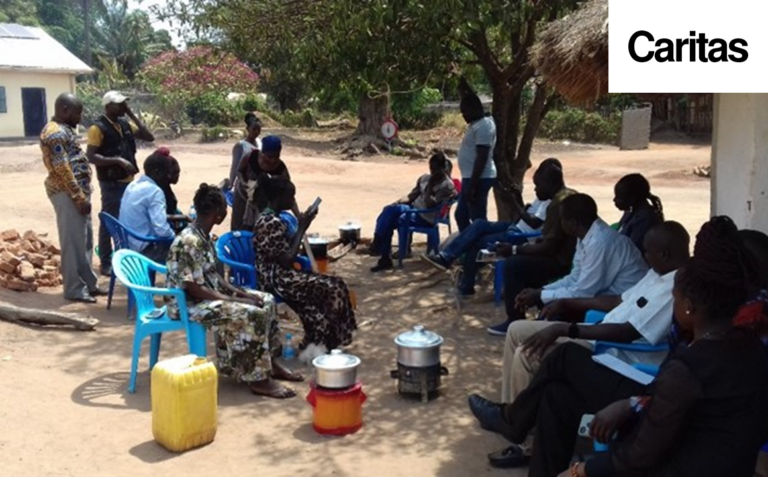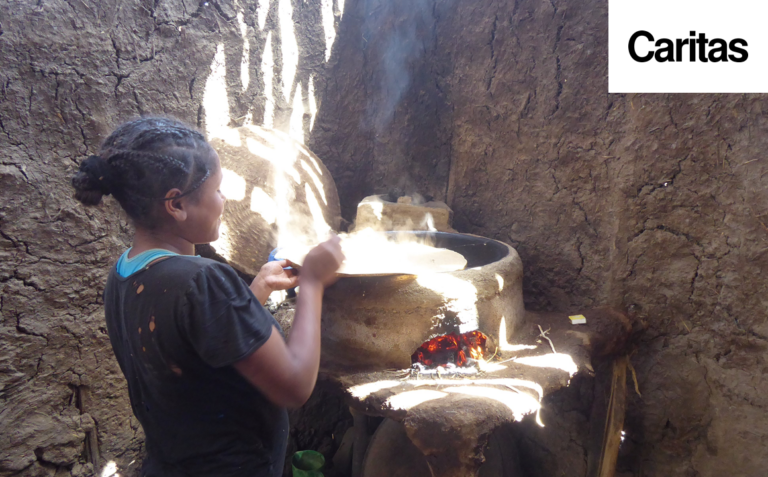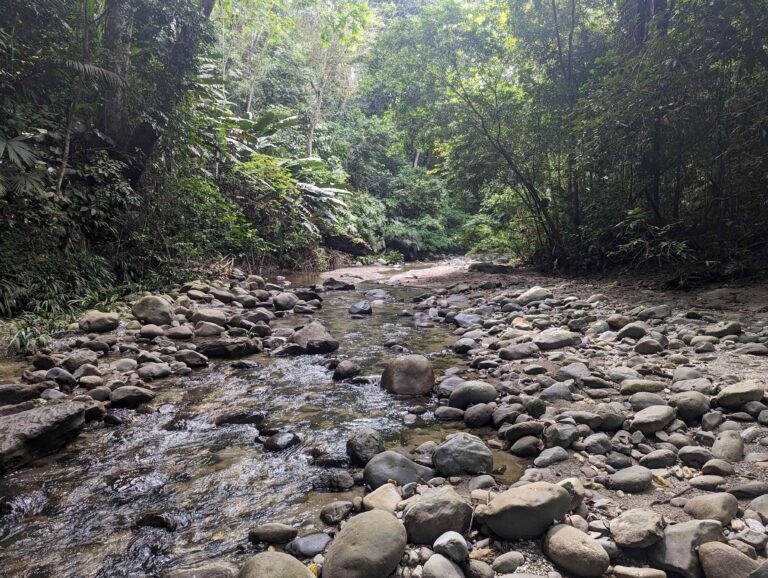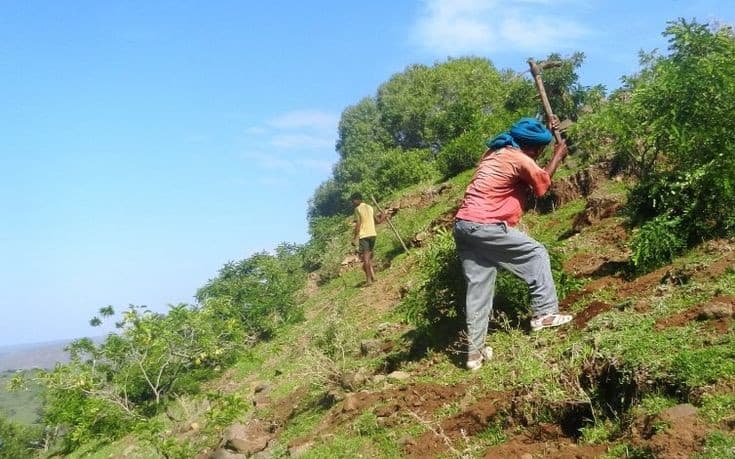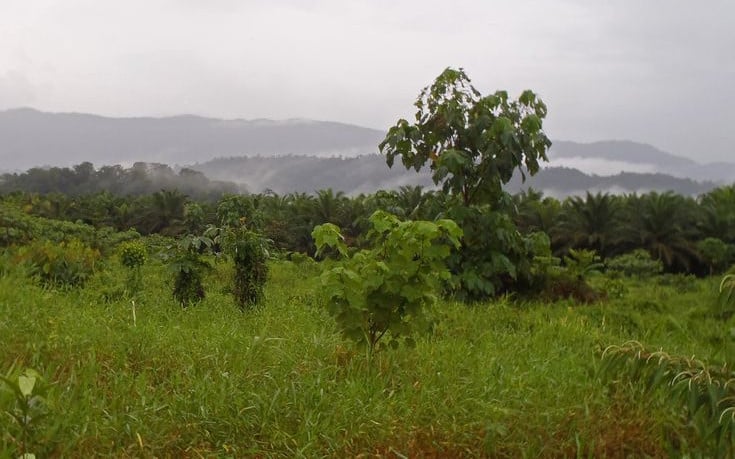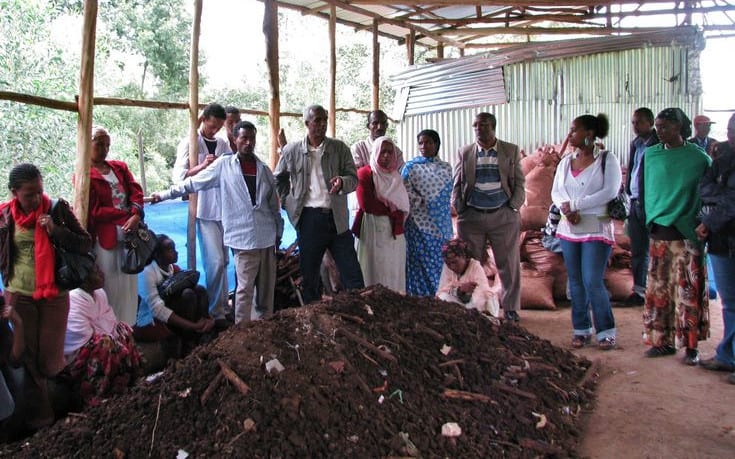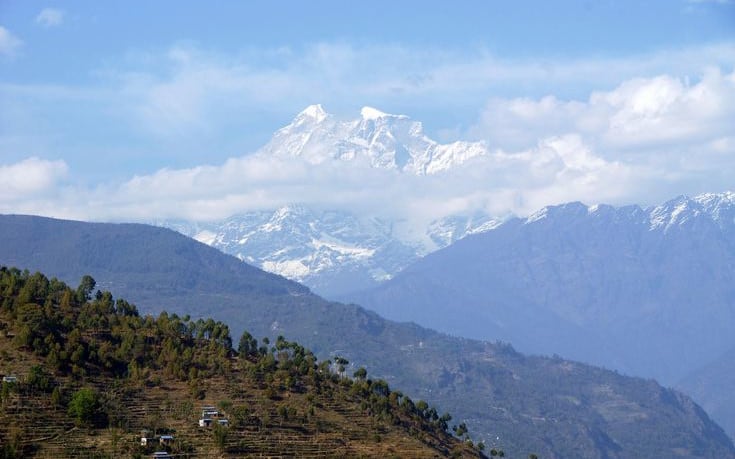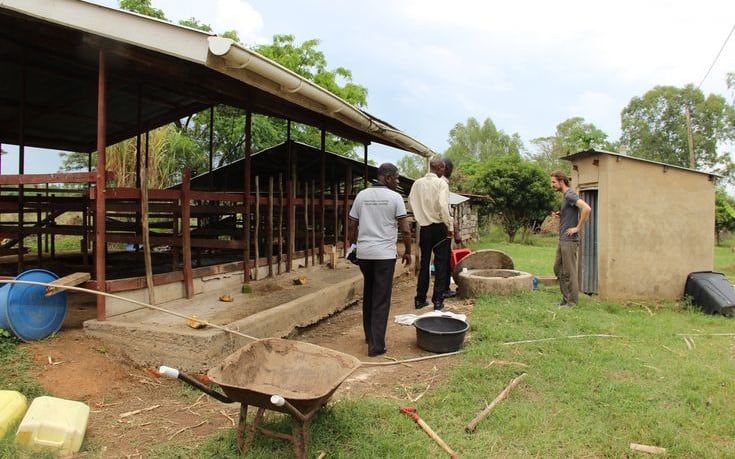Klimaschutzprojekt Uganda: Solare Wasserdesinfektion
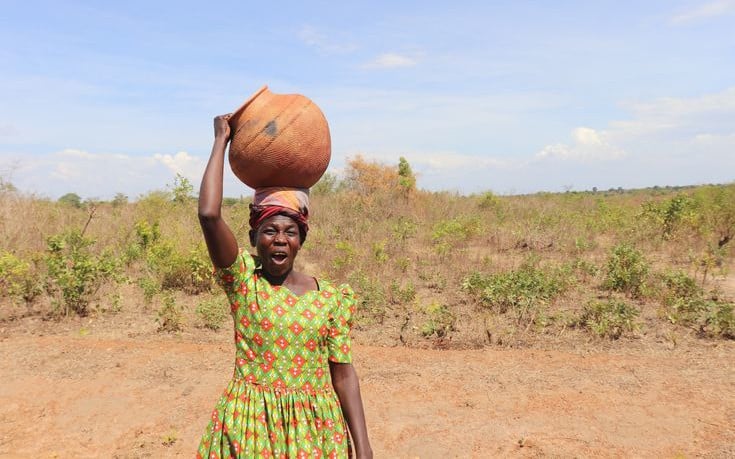
Addressing a variety of challenges
According to the WHO, about 70 percent of Uganda's rural population has no access to clean drinking water. Water is disinfected by cooking over open wood fires, but this also causes health problems. Many people already suffer from serious lung diseases caused by air pollutants from inefficient wood burning. Furthermore, Uganda has one of the highest deforestation rates in the world. An intact environment, clean air, and safe drinking water are, however, the prerequisites for a good life and are indispensable for education, ecological and social sustainability, and the fight against poverty.
Innovative approaches through a broad cooperation network
The use of solar water disinfection (SODIS method) drastically reduces the amount of firewood needed, which should save about 20,000 tonnes of CO2 in the next five years. Furthermore, this project will also counteract the development of harmful smoke in households. The cooperation between the BOKU Institute for Sanitation, Industrial Water Management and Water Pollution Control, the Water School Uganda, and the Makarere University in Kampala ensures a holistic approach to the project.
Water disinfection by UV radiation
2000 households in Soroti are being familiarised with the use of solar water disinfection (SODIS method) as part of the BOKU climate protection project. The Austrian start-up HELIOZ provides each household with a device for measuring UV radiation (WADI) that has been tried and tested in Africa and Asia. This makes it easy to check and guarantee the disinfection of drinking water. In addition to the CO2-mitigation, the project also brings additional social and ecological added value.
